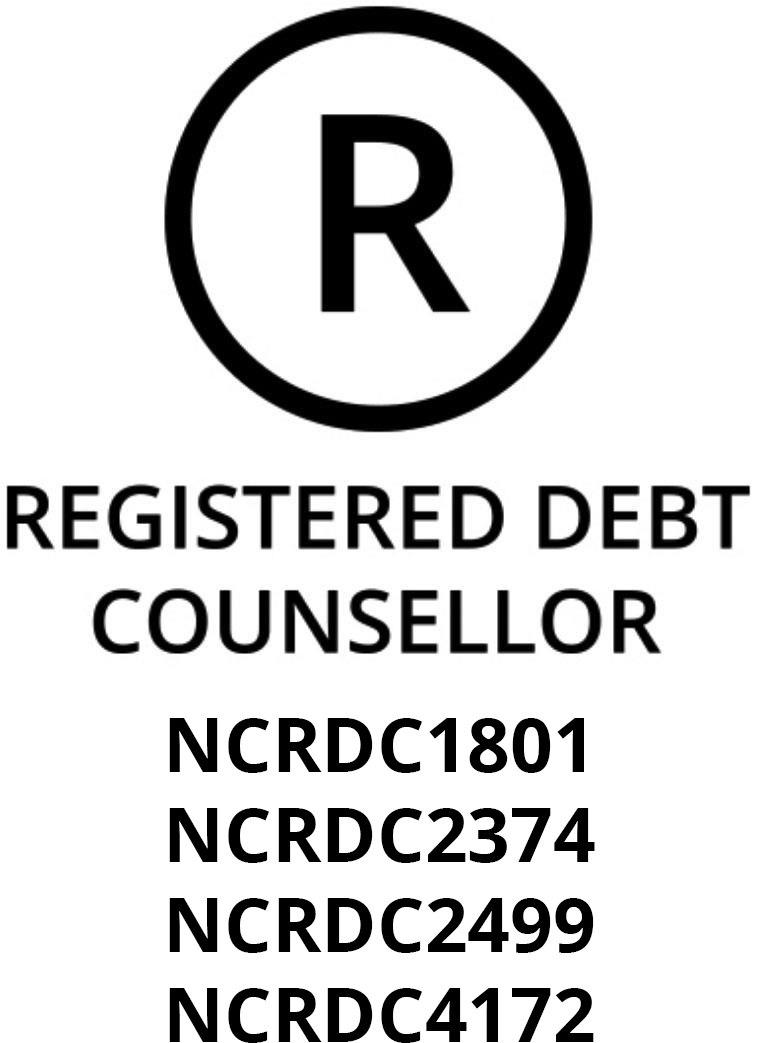Insolvency is a financial state in which an individual or business is unable to pay debts as they become due. For many, insolvency represents not only the loss of material possessions but also the loss of reputation and dreams. However, it’s important to remember that insolvency is not the end—it’s a stepping stone to starting fresh and regaining control of your finances.
How does insolvency happen?
Insolvency can occur for several reasons, such as poor financial management, unforeseen economic downturns, or even personal emergencies. Common causes include:
- Over-leveraging debt without a clear repayment plan.
- Signing personal surety for business loans.
- Unexpected drops in income or revenue.
A particularly dangerous scenario involves signing a surety agreement for a loan, often without understanding its long-term implications. These agreements make you personally liable for the debts of your business, and creditors can pursue your personal assets to recover what is owed.
Steps to Manage Insolvency Effectively
If you find yourself facing insolvency, here’s how you can manage the process:
1. Understand the Legal Process:
Insolvency in South Africa begins with an application to the High Court. Once a sequestration order is granted, a trustee is appointed to oversee the liquidation of your assets to repay creditors. This includes both movable and immovable assets, and in some cases, even assets held by your spouse.
2. Communicate with Creditors
Open communication with your creditors can sometimes lead to alternative repayment agreements. Creditors may prefer extended payment plans over pursuing legal action, which can be time-consuming and costly.
3. Work with the Trustee
Co-operating with your appointed trustee can streamline the process. Provide all necessary documentation, including proof of ownership for assets not part of the insolvent estate, to ensure transparency and fairness.
4. Plan for Post-Insolvency Recovery
Use the insolvency process as an opportunity to evaluate your financial habits and make better decisions moving forward. This might include setting realistic budgets, increasing financial literacy, and seeking professional advice.
Need debt counselling or consolidation?
Explore DebtBusters' solutions for reducing your interest rates and unlocking cash.
Find out moreThe psychological impact of insolvency
The emotional toll of insolvency is often underestimated. Feelings of shame, fear, and anxiety are common. It’s vital to seek support during this challenging time. While South Africa lacks robust support systems for insolvent individuals, you can:
- Consult a financial advisor for practical guidance.
- Seek therapy or counseling to address the emotional impact.
- Join online forums or support groups to connect with others who have experienced insolvency.
Is insolvency the right choice?
Insolvency isn’t always a last resort; in some cases, it may be the most practical solution. Here’s why:
- It provides a legal framework to settle debts, relieving pressure from creditors.
- It allows you to start fresh financially, free from overwhelming debt.
- Once sequestration is complete, creditors can no longer pursue you directly.
However, it’s essential to evaluate your specific situation. If a repayment agreement or debt consolidation can resolve your financial issues, these alternatives may be less disruptive.
What happens after insolvency?
Post-insolvency recovery involves a process called rehabilitation, where the “cloak of insolvency” is lifted. Here’s what you need to know:
- Automatic Rehabilitation: This occurs 10 years after the sequestration order unless an application is made earlier.
- Early Rehabilitation: Typically possible after four years, subject to approval from the Master of the High Court.
- Rebuilding Your Financial Future: Focus on rebuilding your credit score, creating an emergency fund, and avoiding over-leveraging debt.
How DebtBusters can help
If you’re struggling with debt, consider alternatives like debt counselling or debt consolidation. These solutions can help you reduce interest rates, streamline payments, and unlock cash flow before considering insolvency.
Let us call you back
Fill out our form below to get a free call-back from one of our consultants to discuss your debt situation.
Jump to form




